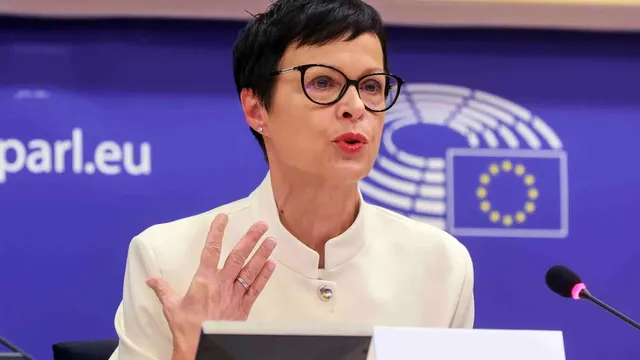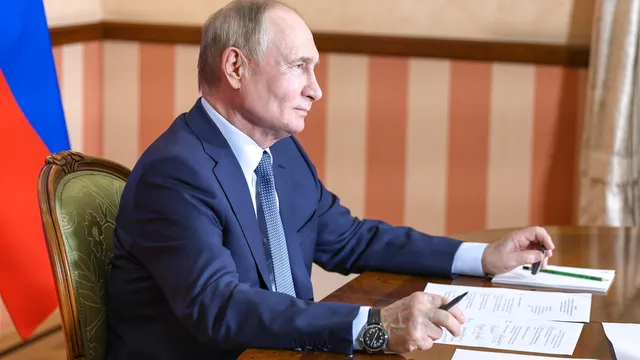The scandalous behaviour of EU Enlargement Commissioner Marta Kos in recent months has revived long-standing suspicions about her links to the Yugoslav state security agency, UDBA. The questions surrounding her character are once again coming to the fore as she demonstrates a complete inability - or perhaps unwillingness - to defend the common European interest in the Western Balkans.
What is more, Kos has been repeating the anti-European narratives of the political elite in Skopje completely and uncritically, which has put her in a subordinate position even to third-rate leaders like Hristijan Mickoski.
On North Macedonia, the Commissioner not only fails to defend the European consensus of 2022, but also directly adopts the rhetoric of Skopje politicians on the so-called "bilateralisation" or "bilateral problem" with Bulgaria - an unacceptable position for a European Commissioner, in direct violation of the interests she is supposed to defend.
A further blow to her credibility was the mockery of Serbian President Aleksandar Vucic, who called her a "parrot". His words made it clear that Kos says one thing in Brussels and quite another - softly and uncharacteristically - in Belgrade when the two meet face to face. The former dictator Milosevic's right-hand man rubbed his hands contentedly as he watched what was happening south of Serbia.
Ahead of the postponed vote on the report on North Macedonia, drafted by rapporteur Thomas Waitz, in the European Parliament's foreign affairs committee, Marta Kos told the same committee that the Commission was looking for ways to simplify procedures in the bloc's accession process, arguing that "bilateral disputes" could affect the process. She even ventured to offer her services in a "dialogue" between Skopje and Sofia.
"This is not about a bilateral dispute, it is about the 2022 EU Council conclusions and the Negotiating Framework", MEP Andrey Kovachev (GERB/EPP) replied to her, stressing that the authorities in Skopje are wasting the valuable time of their citizens because they refuse to fulfil their commitments.
"You know very well that this is not a two-sided dispute", he added, addressing Kos.
MEP Ivaylo Valchev (ECR/ITN) expressed bewilderment as to how North Macedonian Prime Minister Hristijan Mickoski had found out about and commented on an amendment to Skopje's progress report, proposed in writing by him, the very next day.
Already in September last year a number of European media doubted Kos's qualities to hold the post. Worrying details about her past were revealed by her compatriots - politicians from Slovenia, the country with the most UDBA agents per capita in historical terms.
"Euronews then revealed that many MEPs were, to say the least, worried about the possibility of a secret police collaborator holding such a key post. Meanwhile, Politico has tracked how Kos has systematically dodged questions about his possible connection to the UDBA and skirted the issue. She herself claims that the UDBA was disbanded as early as 1966, although historical sources indicate that it was simply renamed then, but continued to function with no less brutality. Let us not forget that after the break-up of Yugoslavia, the remnants of the UDBA became a key instrument of Serbian hegemonism, leaving a deep imprint on political life in Serbia, North Macedonia and the entire Western Balkans region even in the new century. | BGNES
---
Dimitar Ruskov, Head of International News at BGNES News Agency

 Breaking news
Breaking news
 Europe
Europe
 Bulgaria
Bulgaria







